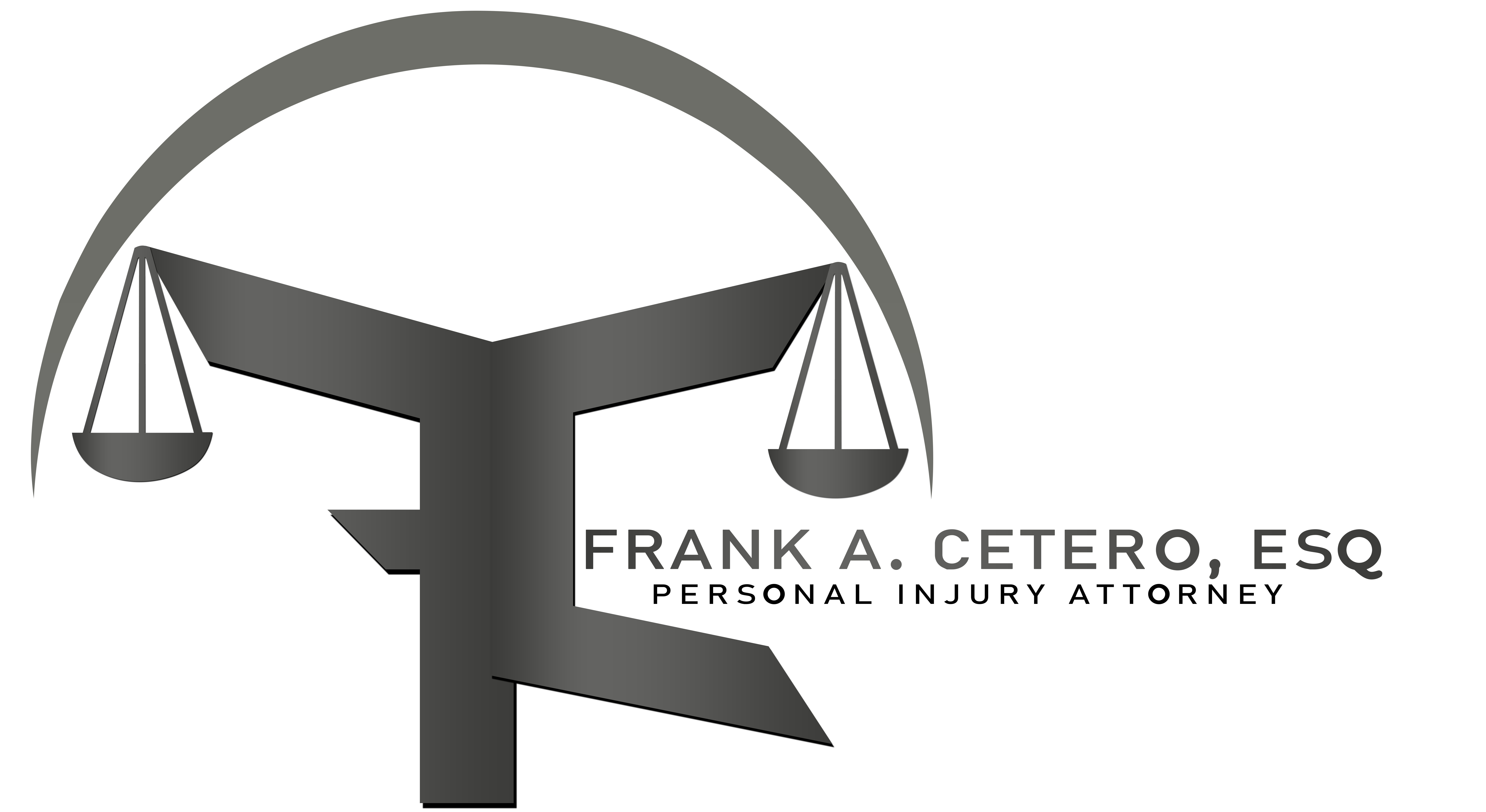
When you’ve been injured due to someone else’s negligence, finding the right legal help is crucial. A Long Island personal injury attorney can provide the expertise and support you need to navigate the complexities of your case. But before you step into that initial consultation, proper preparation can significantly affect how effectively you move forward. This comprehensive guide will walk you through personal injury consultation preparation, ensuring you’re ready to make the most of your meeting with a Long Island personal injury attorney.
1. Understanding the Role of a Long Island Personal Injury Attorney
Before diving into preparation tips, it’s essential to understand what a Long Island personal injury attorney does. These legal professionals specialize in cases where individuals are harmed due to the negligence or wrongful actions of others. They handle various cases, including car accidents, medical malpractice, workplace injuries, and slip-and-fall incidents. By specializing in personal injury law, they have the knowledge and experience to fight for your rights and help you seek the compensation you deserve.
2. Gathering Essential Documents for Your Consultation
One of the most important steps in personal injury consultation preparation is gathering all relevant documents related to your case. Here’s a list of key documents to bring along:
- Medical Records: Collect all medical records of your injury, including diagnostic reports, treatment records, and bills. These documents provide crucial evidence of the extent of your injuries and the costs incurred.
- Accident Reports: If a police or accident report was filed, ensure you have a copy. This report can provide details about the incident, including the involved parties and any contributing factors.
- Insurance Information: Gather all correspondence with insurance companies, including claim forms, letters, and policy information. This helps your attorney understand your insurance coverage and any claims already filed.
- Photos and Videos: If you have any visual evidence of the accident scene, your injuries, or property damage, bring these along. Visual evidence can be powerful in illustrating the impact of the incident.
Having these documents ready will allow your Long Island personal injury attorney to assess your case more accurately and offer informed advice.
3. Creating a Detailed Account of the Incident
A clear and detailed account of the incident can significantly aid in your personal injury consultation preparation. Here’s what to include:
- Date and Time: Note when the incident occurred. This helps establish a timeline.
- Location: Describe where the incident took place.
- Involved Parties: Include information about all individuals involved, including any witnesses.
- Sequence of Events: Detail what happened before, during, and after the incident.
This narrative will give your Long Island personal injury attorney a comprehensive understanding of your case and the events that led to your injury.
4. Preparing Questions for Your Attorney
During your consultation, you’ll want to ask your Long Island personal injury attorney questions to ensure they fit your case. Here are some questions you might consider:
- What is your experience with cases similar to mine? This helps you gauge their expertise in handling your specific type of case.
- What is the likely outcome of my case? Understanding potential outcomes can help set realistic expectations.
- What will the legal process involve? Knowing the steps and timeline can help you prepare for what’s ahead.
- What are your fees and costs? Clarify the attorney’s fee structure, including whether they work on a contingency basis (meaning they only get paid if you win) and any additional costs you might be responsible for.
Preparing these questions ensures you get the information you need to make an informed decision.
5. Understanding Your Goals and Expectations
Before meeting with your Long Island personal injury attorney, take some time to reflect on your goals and expectations for the case. Consider the following:
- What compensation are you seeking? This could include medical expenses, lost wages, pain and suffering, or other damages.
- What are your priorities? Are you more focused on a quick resolution or achieving the maximum compensation?
- What outcome would you consider satisfactory? Understanding your ideal outcome helps your attorney align their strategy with your goals.
Being clear about your expectations will help your attorney tailor their approach to meet your needs.
6. Discussing Your Medical History
Your Long Island personal injury attorney will need to understand the full impact of your injuries on your life. Be prepared to discuss:
- Previous Injuries: Any past injuries that may be relevant to your current case.
- Current Treatment: What treatments are you currently undergoing, and what are their effectiveness?
- Future Treatment: Any upcoming procedures or therapies you are scheduled for.
This information helps your attorney assess the extent of your injuries and their long-term effects on your life.
7. Financial Considerations
In addition to medical records, your personal injury consultation preparation should include financial information. Be ready to discuss:
- Medical Expenses: The total cost of your medical treatment so far and any anticipated future expenses.
- Lost Wages: How your injury has affected your ability to work and earn income.
- Insurance Coverage: Details about your insurance policies and what they have covered or are likely to cover.
Understanding your financial situation helps your attorney determine the appropriate compensation to seek and the best approach for your case.
8. Familiarizing Yourself with Legal Rights
Before your consultation, it’s helpful to have a basic understanding of your legal rights. While you don’t need to become an expert, knowing the basics can improve your discussion with your Long Island personal injury attorney. You can:
- Read up on Personal Injury Law: Understanding the fundamentals of personal injury law will give you a better grasp of the legal process.
- Ask for an Overview: During your consultation, your attorney can provide a brief overview of your rights and the legal framework for your case.
Having foundational knowledge helps you engage more effectively in the conversation about your case.
9. Being Honest and Transparent
Honesty is crucial during your consultation. Be open about all aspects of the incident and your injury. Withholding information or being less than truthful can harm your case. Remember, your attorney is bound by confidentiality, so you can share details without fear of them being disclosed.
10. Bringing a Support Person
If possible, bring a friend or family member to your consultation. They can provide emotional support, help you remember details, and take notes during the meeting. This can be especially useful if you’re feeling overwhelmed or stressed.
11. Being Prepared for the Attorney’s Questions
Your Long Island personal injury attorney will likely have several questions for you to get a full picture of your case. Be prepared to answer questions about:
- The Incident: Details of how the accident or injury occurred.
- Your Injuries and Treatment: Information about your medical condition and treatment history.
- Previous Legal Issues: Any past legal claims or issues that might be relevant.
- Your Expectations: What you hope to achieve with your case.
Providing clear and accurate answers will help your attorney give you the best possible advice.
12. Understanding the Attorney’s Role and Fees
Before concluding your consultation, ensure you clearly understand your attorney’s role and fee structure. Most Long Island personal injury attorneys work on a contingency fee basis, meaning they only get paid if you win your case. Be sure to discuss:
- Fee Structure: How the attorney’s fees are calculated and what percentage they take from any settlement or award.
- Additional Costs: Any extra costs arising during the legal process, such as court or expert witness fees.
Having a clear understanding of these aspects helps you avoid unexpected financial surprises.
13. Following Up and Taking Action
After your consultation, review your notes and any information provided by your attorney. Follow up with any additional documents or information they requested. If you decide to hire an attorney, understand the next steps and maintain regular communication to stay updated on your case.
14. Reflecting on Your Consultation
Finally, take some time to reflect on your consultation experience. Consider:
- Was the Attorney Responsive? Did they address your concerns and answer your questions?
- Did You Feel Comfortable? Were you able to communicate openly and comfortably with the attorney?
- Was the Information Clear? Did you understand the attorney’s advice and the next steps?
Trust your instincts and choose the attorney who feels like the best fit for your case.
The Role of Experienced Personal Injury Lawyers
1. Personal Injury Lawyer
Best personal injury lawyers refer to legal professionals who specialize in handling cases where personal injury victims have been harmed due to someone else’s negligence or wrongful actions. These top-tier lawyers seek compensation for their clients in personal injury lawsuits, including cases resulting from accidents, medical malpractice, or workplace incidents. By offering a free consultation, they ensure that personal injury victims can discuss their cases and understand their options without initial costs. The singular term emphasizes the individual professional’s role and expertise, highlighting the critical support they provide in navigating complex personal injury claims.
2. Personal Injury Lawyers
Personal injury lawyers are the plural form, indicating a group or collection of legal professionals who specialize in personal injury law. This term is often used when referring to multiple attorneys within a law firm or legal profession who handle personal injury cases. It highlights the broader availability of legal expertise in this field and can be used to showcase a team or network of specialists.
3. Experienced Personal Injury Lawyer
Experienced Personal Injury Lawyer emphasizes a lawyer’s significant background and expertise in handling personal injury cases. The term experienced suggests that the lawyer has a substantial track record and has dealt with numerous cases, including significant medical bills and complex personal injury claims. This heading attracts clients seeking a seasoned New York personal injury lawyer who can effectively navigate these complexities and achieve favorable outcomes.
Schedule Your Consultation with the Law Office of Frank A. Cetero!
At the Law Office of Frank A. Cetero, we understand that dealing with a personal injury lawsuit or a wrongful death lawsuit can be overwhelming. That’s why we’re here to guide you every step of the way. If you’re preparing for a consultation with a Long Island personal injury attorney, we invite you to contact us today. Our experienced team is dedicated to providing you with the support and expertise to navigate your personal injury lawsuit effectively.
Don’t let the complexities of personal injury law add to your stress. By preparing thoroughly and working with a knowledgeable attorney, you can take confident steps toward achieving the compensation and justice you deserve. Call us now to schedule your consultation and start the process with a trusted advocate by your side. Your path to recovery and resolution begins here with the Law Office of Frank A. Cetero.

